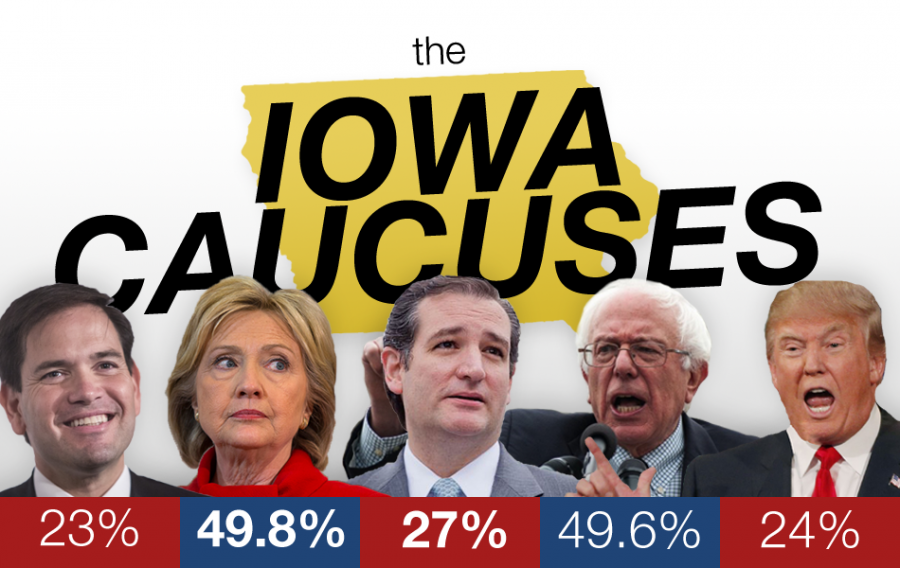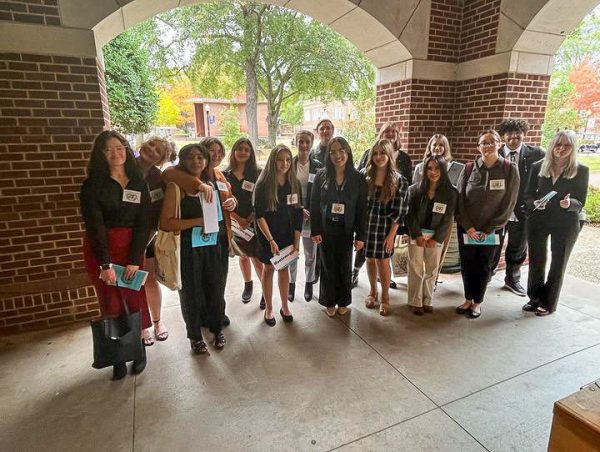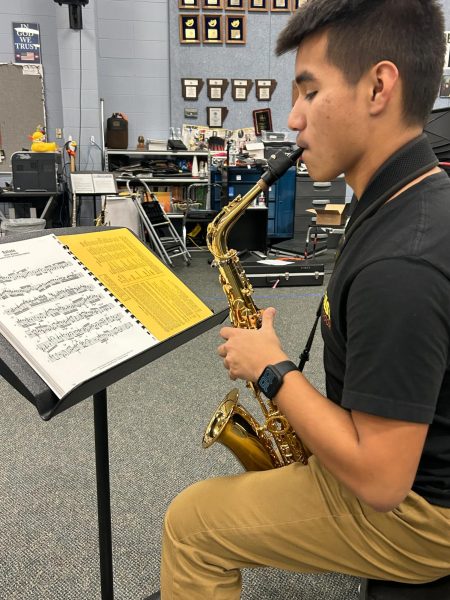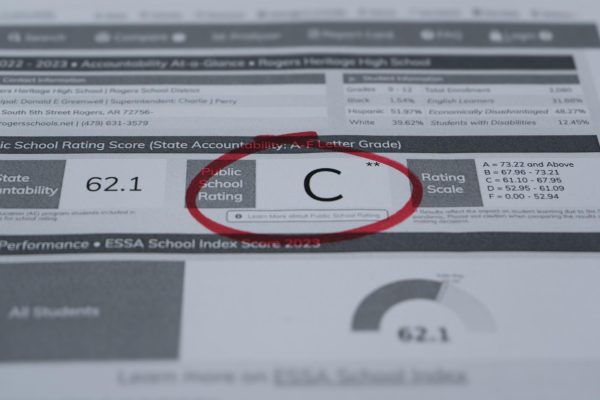Iowa caucus results: Sanders, Clinton effectively tie; Cruz leads Republicans
February 7, 2016
Monday’s Iowa caucuses were the first votes cast in this year’s presidential election and an important first step for any candidate with hope for the presidency. With a strong performance in Iowa, a candidate can carry the momentum into primaries in the rest of the country. With a poor one, a candidate can fall off the map entirely.
The latter was a reality for some candidates this week: Democrat Martin O’Malley (who earned less than 1% of the Democratic vote) and Republicans Rand Paul (4%) and Mike Huckabee (1%) dropped out of the race shortly after they fared poorly in Iowa. A handful of others — including Jeb Bush (2%), Carly Fiorina (1%), John Kasich (1%) and Jim Gilmore (who received just twelve votes) — continue to hang on by a thread heading into next Tuesday’s New Hampshire primary.
On the Democrats’ side, former Secretary of State Hillary Clinton and Vermont Senator Bernie Sanders effectively tied in what was the closest result in the caucuses’ history. Clinton edged Sanders by just 0.2% of the popular vote and won a half-dozen voting precincts on coin flips. Sanders, who trailed in national polls by more than 50% last spring, has closed to within 1% of Clinton in recent weeks. He leads Clinton by a considerable margin in New Hampshire and is expected to perform well in Tuesday’s primary.
Texas Senator Ted Cruz won on the Republican side in Iowa with 27% of the popular vote. He leads business magnate and longtime front-runner Donald Trump –who boycotted the debate immediately preceding the caucuses — by four percent. Cruz’s primary “establishment” competition, Florida Senator Marco Rubio, placed a surprising third place, with 23%. Retired neurosurgeon Ben Carson received 9%, Paul placed fifth with 4% (and subsequently suspended his campaign), and every other Republican candidate earned 2% or less.
The caucuses served as a first step in paring down an enormous Republican field. The race appears effectively cut to three front-runners: Cruz, Trump, and Rubio. The order of these three will almost certainly vary as the primary season continues.
Trump currently leads by a wide margin in New Hampshire, followed by Cruz, Rubio, and Ohio governor John Kasich, a moderate whose extensive campaigning in the Granite State could challenge for second place in the upcoming primary.
















